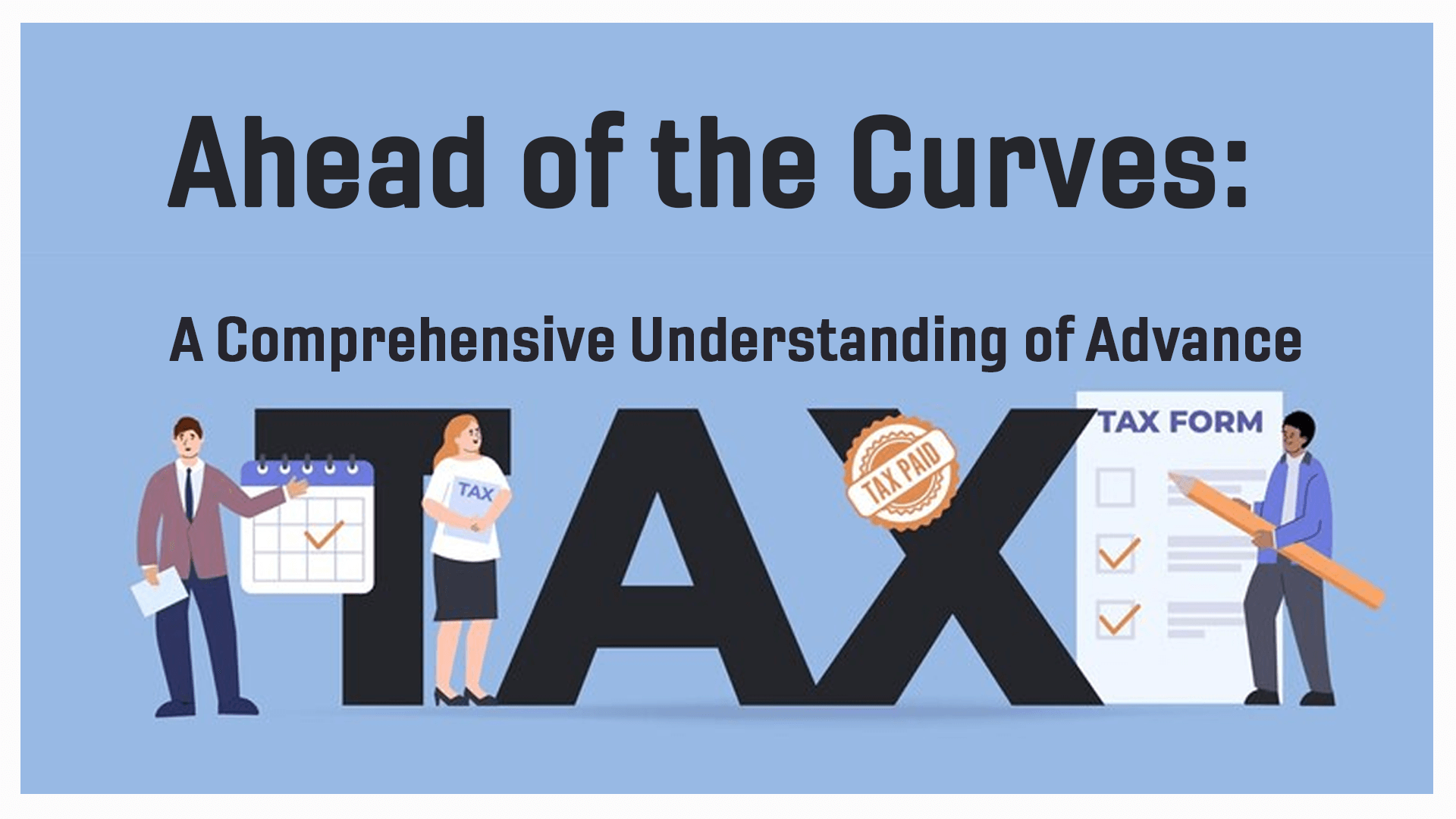
Human behavior often leads to increased spending when funds are readily available, sometimes causing the neglect of savings. Consider a scenario where an individual earns income throughout the year, spending it on various things, often overlooking tax obligations. When the time comes to file returns and pay taxes, there may be insufficient funds. To avoid such situations, Advance Tax offers a solution, enabling taxpayers to pay taxes in installments.
Understanding Advance Tax:
Advance tax, as the name implies, involves paying income tax in advance. It is a system of paying taxes in installments throughout the year instead of a lump sum at the end of the financial year during the Income Tax Return (ITR) filing. Termed as “Pay as You Earn,” it requires quarterly proportional payments of the total tax liability, ensuring a consistent flow of funds into government accounts to meet working capital needs.
Who is Required to Pay Advance Tax:
Any individual with a tax liability of INR 10,000 or more for a financial year must pay advance tax in installments. The calculation includes income from all sources, considering any Tax Deducted at Source (TDS) or Tax Collected at Source (TCS) amounts.
Tax on Different Income Heads:
Salary:
- Employers handle tax calculations for salaried individuals, deducting TDS from salaries.
- Salaried persons with additional income exceeding INR 10,000 must pay advance tax on the extra income.
House Property:
- Advance tax is applicable on rental income if the tax liability on rent equals or exceeds INR 10,000.
Capital Gains:
- Individuals with capital gains, especially from the stock market, may pay advance tax based on received income, not estimated earnings.
Business & Profession:
- Businesses and professionals pay tax in installments, and TDS may not cover the total tax liability.
Income From Other Sources:
- Advance tax is required for other sources like interest, dividends, and gifts if the tax liability exceeds INR 10,000.
Advance Tax Due Dates:
- June 15: 15% of net tax payable
- September 15: 45% of net tax payable
- December 15: 75% of net tax payable
- March 15: 100% of net tax payable
Consequences of Non-Payment:
According to Section 234C of the Income Tax Act, failure to pay advance tax on time attracts a penal interest of 1% per month until the total tax liability is paid. However, meeting specific quarterly payment percentages can exempt interest.
In conclusion, understanding and complying with advance tax requirements is crucial to manage tax liabilities effectively.
end